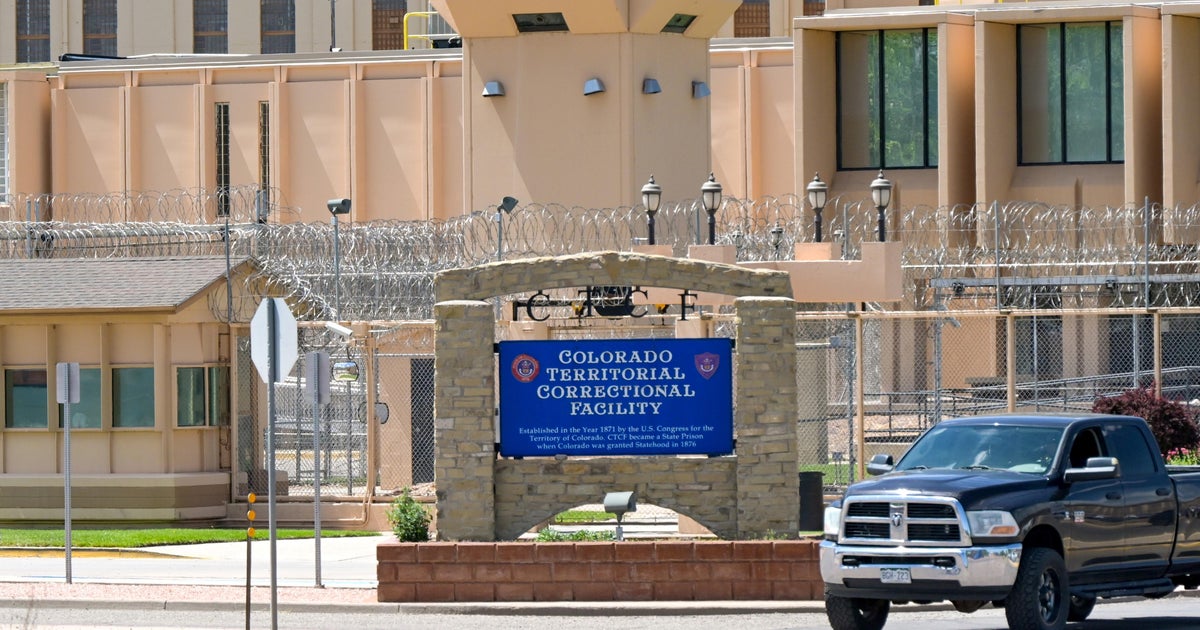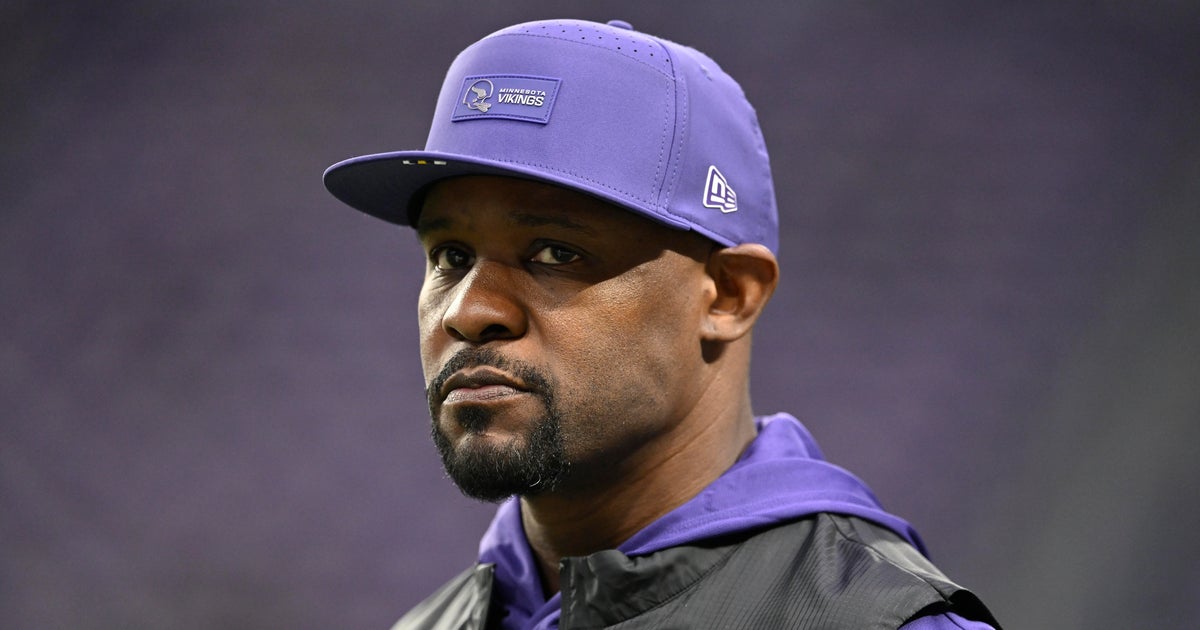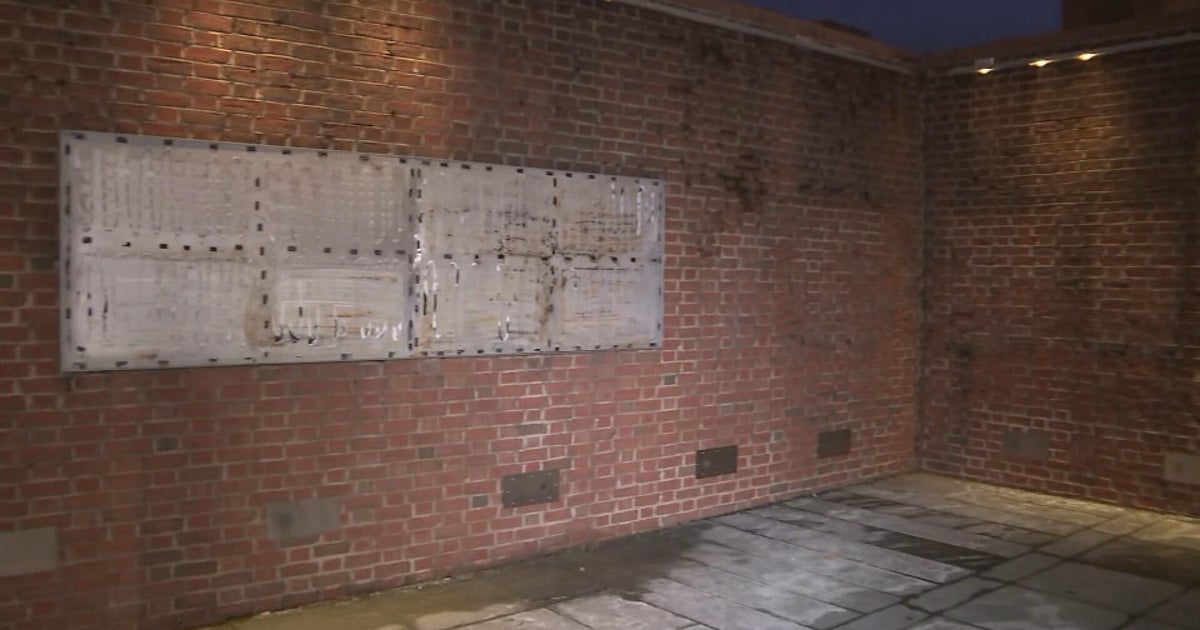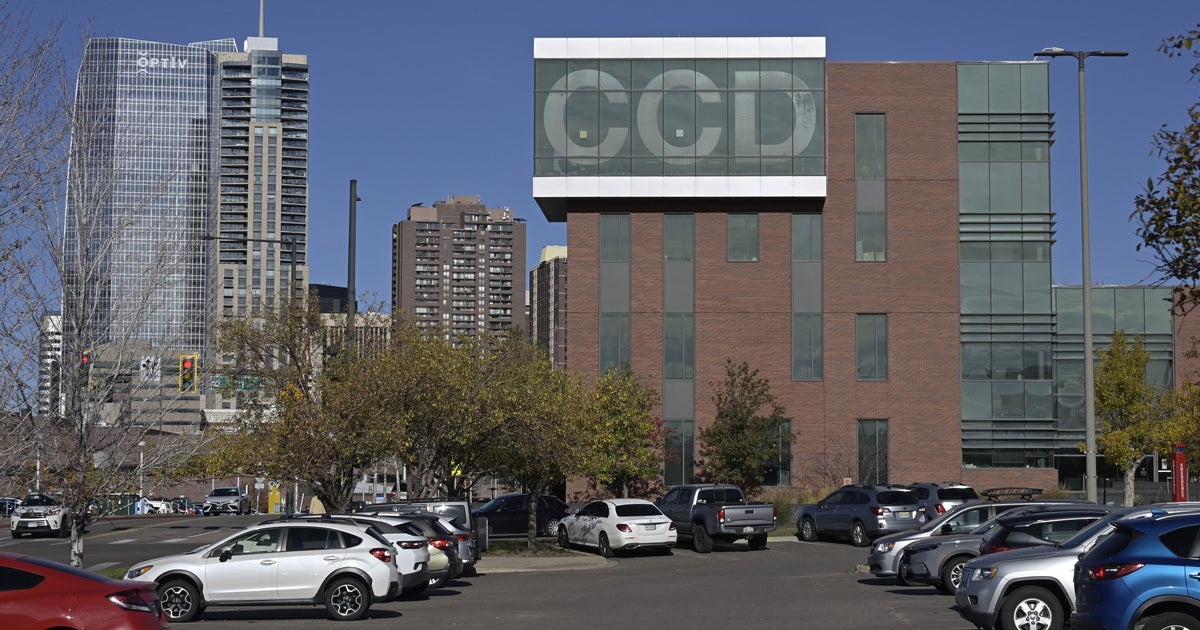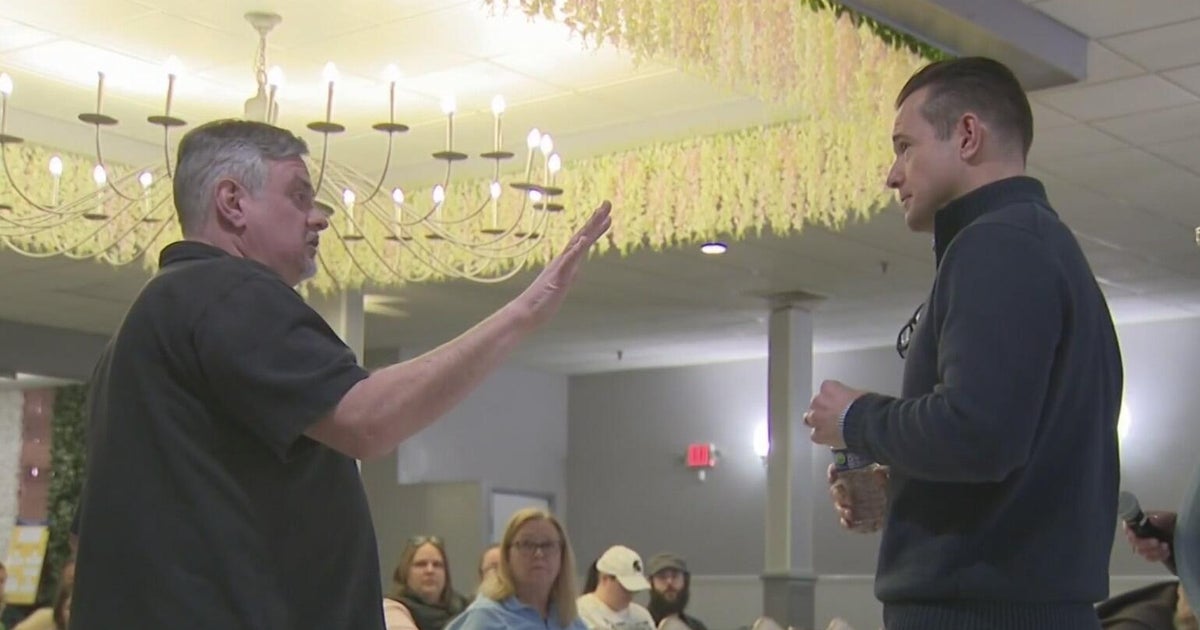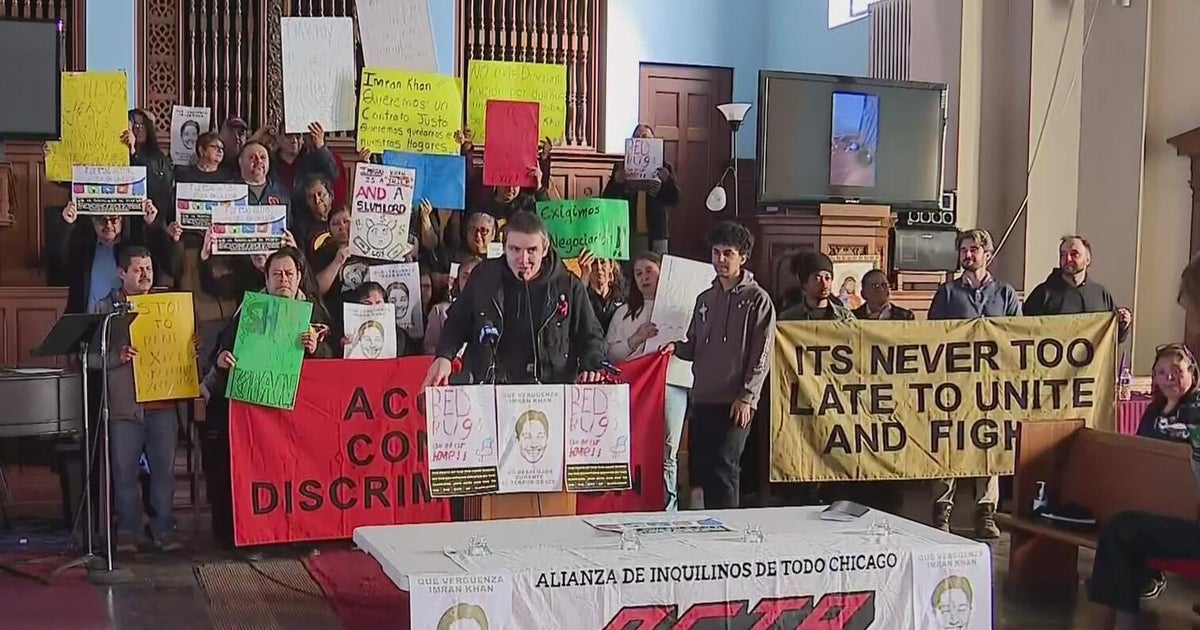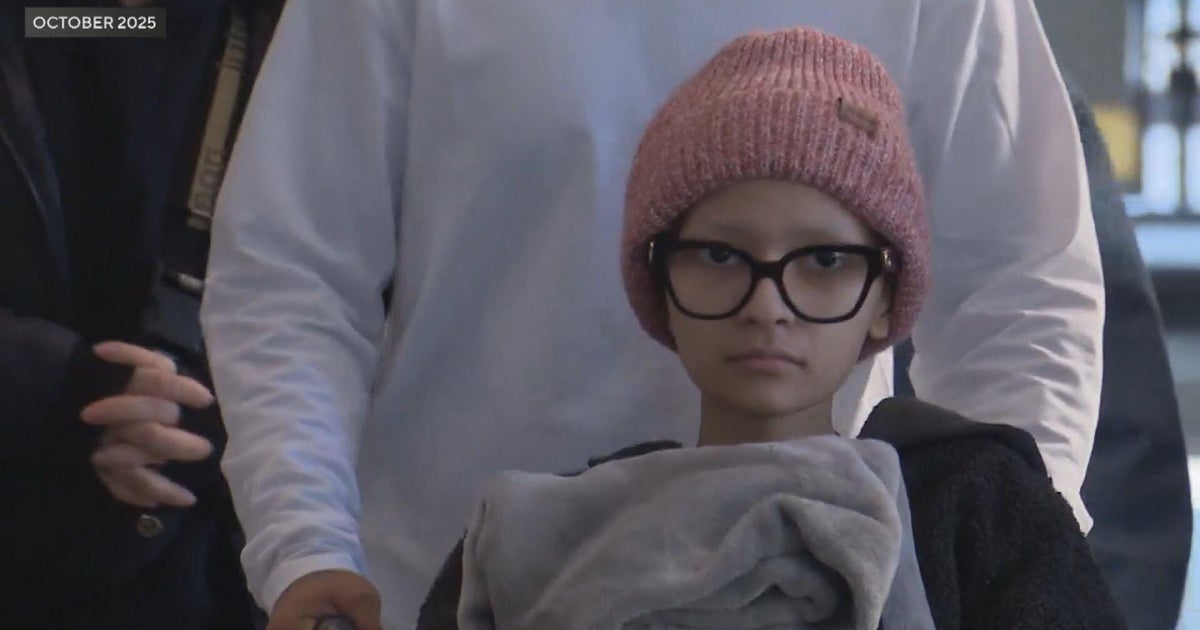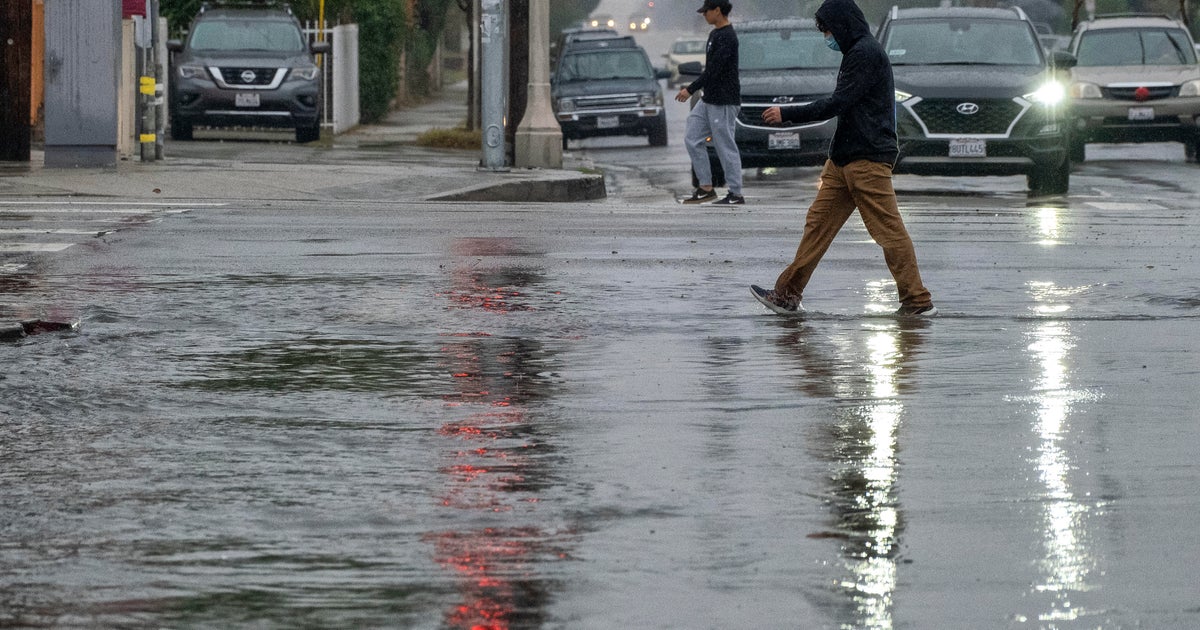Judge Awards $850 To iPhone User Over Throttled Data Usage
SIMI VALLEY (AP) — A judge in Southern California on Friday awarded $850 to an iPhone user because AT&T Inc. reduced his download speeds in an attempt to manage usage on its network.
Pro-tem Judge Russell Nadel found in favor of Matt Spaccarelli in Ventura Superior Court in Simi Valley. Spaccarelli filed a small claims case against AT&T last month, arguing the communications giant unfairly slows speeds on his iPhone 4's unlimited data plan.
Nadel's ruling could pave the way for others to follow suit. AT&T has some 17 million customers with "unlimited data" plans that can be subject to throttling, representing just under half of the company's smartphone users.
AT&T stopped signing up new customers for those plans in 2010, and warned last year that it would start slowing speeds for people who consume the most data. In the last few months, subscribers have been surprised by how little data use it takes for throttling to kick in —often less than AT&T provides to those on limited or "tiered" plans.
Spaccarelli said his phone is being throttled after he's used 1.5 gigabytes to 2 gigabytes of data within a new billing cycle. Meanwhile, AT&T provides 3 gigabytes of data to subscribers on a tiered plan that costs the same — $30 per month.
It wasn't immediately known whether AT&T would appeal the decision. AT&T area sales manager Peter Hartlove declined comment after Nadel's ruling. He argued in court that his employer has the right to modify or cancel customers' contracts if their data usage adversely affects the network.
Companies with as many potentially aggrieved customers as AT&T usually brace themselves for a class-action lawsuit. But in its subscriber contract, the Dallas-based company prohibits customers from taking their complaints to class actions or jury trials. The agreement specifies that customers must go to arbitration or small claims court instead. The Supreme Court upheld that clause last year.
Arbitration and small-claims court cases are cheaper and faster than jury trials, but they force plaintiffs to appear in person and prepare their own statements. In a class-action suit, the work can be handled by one law firm on behalf of millions of people.
That means thousands —and possibly hundreds of thousands— of people who feel abused by AT&T's policy could seek to challenge the company, one by one, in arbitration or small claims court. The customer contract specifies that those who win an award from the company in arbitration will get at least $10,000. Spaccarelli picked the same amount for his claim. Judge Nadel instead awarded him $85 for each of the 10 months left on his contract.
Earlier this month, a Southern California woman won a small-claims action against Honda over the gas mileage she got out of her Civic hybrid car. She was awarded $9,867. Meanwhile, a class action against Honda over the same issue netted Civic owners a few hundred dollars each. The plaintiff, Heather Peters, is an ex-lawyer who had opted out of the settlement.
AT&T's throttling of "unlimited" data comes as it tries to deal with limited capacity on its wireless network. When the iPhone was new, AT&T had ample capacity on its network, and wanted to lure customers with the peace of mind offered by unlimited plans. Now, a majority of AT&T subscribers on contract-based plans have smartphones, and the proportion is growing every month. That's putting a big load on AT&T's network.
Verizon Wireless and T-Mobile USA also throttle users, but their policies are gentler. Verizon only throttles if the specific cell tower a "heavy user" subscriber's phone is communicating with is congested at that moment. T-Mobile's throttling levels are higher for the same price, and the levels are spelled out ahead of time. AT&T subscribers have no way of knowing if they'll be throttled before a warning message drops in. If they keep using their phones, throttling kicks in a few days later.
